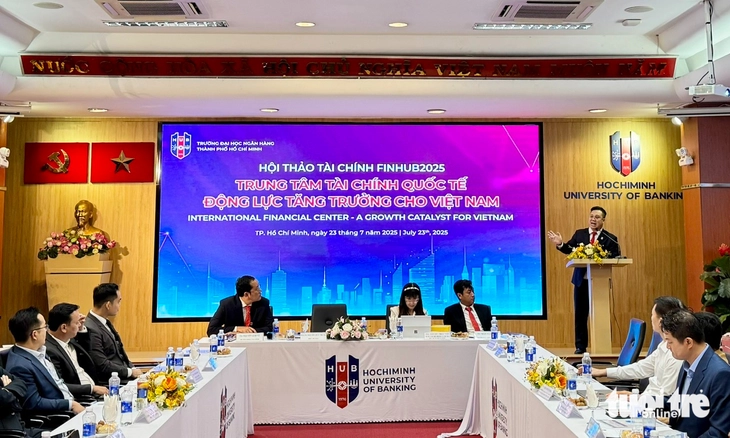
Many domestic and international experts attended the workshop discussing financial centers in Vietnam - Photo: BONG MAI
Vietnam must attract capital for itself
“How can we attract investors from financial centers like Shanghai, Hong Kong, Singapore, Frankfurt… to come here, when they are already settled?”, Associate Professor Dr. Nguyen Duc Trung - Principal of Banking University of Ho Chi Minh City - asked.
According to Mr. Trung, Vietnam is too dependent on bank capital. There is a need to build an international financial center (IFC) to attract more capital flows to the economy , at a more reasonable cost.
Instead of dreaming of becoming a regional IFC to attract capital for all of Southeast Asia, Vietnam should set a more practical goal: becoming a destination to attract foreign capital and develop the domestic economy.
For international "eagles" to choose Vietnam, especially Ho Chi Minh City, as their "nest", the key factor is mutual benefit.
Vietnam needs to build an attractive investment environment with clear prospects, develop infrastructure, reform institutions, improve the quality of human resources, and increase transparency in business.
In addition to the ability to attract capital, effective use of capital also plays an equally important role.
Mr. Trung also shared an interesting fact: many talented personnel at global financial institutions such as Citibank, HSBC, etc., if they want to be promoted to higher positions, are forced to undergo challenges in special markets such as Vietnam to prove their abilities.
This reflects the fact that there are currently many good international financial experts working in Vietnam.
Know where to stand to make the right strategy
“I have heard about the idea of building an international financial center in Vietnam for a long time. But it has only really received more attention in the last year or so, especially after the National Assembly passed a resolution to create a legal corridor to develop an international financial center in Vietnam, with the two main bridges being Ho Chi Minh City and Da Nang City,” shared Dr. Nguyen Anh Vu - Head of the Faculty of Finance, Banking University of Ho Chi Minh City.
According to a report from the Z/Yen Group (headquartered in the UK), financial centers are classified into three groups: global financial centers, international financial centers and regional financial centers.
Ho Chi Minh City is being ranked as a regional financial center. In 2022, the city scored 544 points, ranking 102nd. By 2025, the score increased to 654, ranking 98th.
Mr. Vu said that it is necessary to accurately assess one’s position in order to have a suitable strategy. Because financial centers such as New York, London, Hong Kong, Shenzhen, Dubai, Seoul… have all developed before.
Vietnam is on the right track to becoming an international financial center, boosting economic growth. Ho Chi Minh City can choose priority areas for development, considering fintech (financial technology), trading platforms and asset management.
It is necessary to focus on developing a solid foundation based on the 5 pillars of the GFCI (Global Financial Centres Index) to strive for: business environment, human resources, financial sector, infrastructure and reputation.
“We considered carefully before, and finally established an investment fund in Singapore,” Mr. Pham Le Nhat Quang - executive director of ABB Private Equity (managing 100 million USD through two investment funds) shared the reality. Because Singapore has a clear legal corridor, preferential taxes related to...
Therefore, he suggested that international financial centers in Vietnam need to learn good and suitable experiences from successful places; at the same time, train financial human resources according to international standards, so that Vietnamese people can work in international financial centers in our country and abroad.
Increase incentives, don't forget to upgrade infrastructure
According to MSc. Nguyen Truc Van - Director of the Center for Socio-Economic Simulation and Forecasting (HIDS), the international financial center (IFC) model in Ho Chi Minh City consists of three main components: the monetary and banking market, the capital market and the derivatives market.
Ho Chi Minh City and Da Nang are oriented to develop into IFCs, based on Resolution 222 of the National Assembly . To promote sustainable finance, comply with international standards, attract high-quality human resources and ensure harmony of interests between the State, investors and people.
Preferential policies cover many areas: foreign exchange, finance - banking, capital market, tax, residence and immigration policies for experts..., and social security. Organizations in the center also have their own mechanisms for management, supervision and dispute resolution.
Ms. Van emphasized that to attract foreign capital and retain financial "eagles", Vietnam needs to synchronously deploy infrastructure items: hard infrastructure (transportation, central space, technology), soft infrastructure (policy, human resources, data, technology), digital infrastructure, energy for the entire region...
Source: https://tuoitre.vn/dai-bang-can-nhung-gi-de-o-lai-trung-tam-tai-chinh-quoc-te-tai-viet-nam-20250723153855258.htm


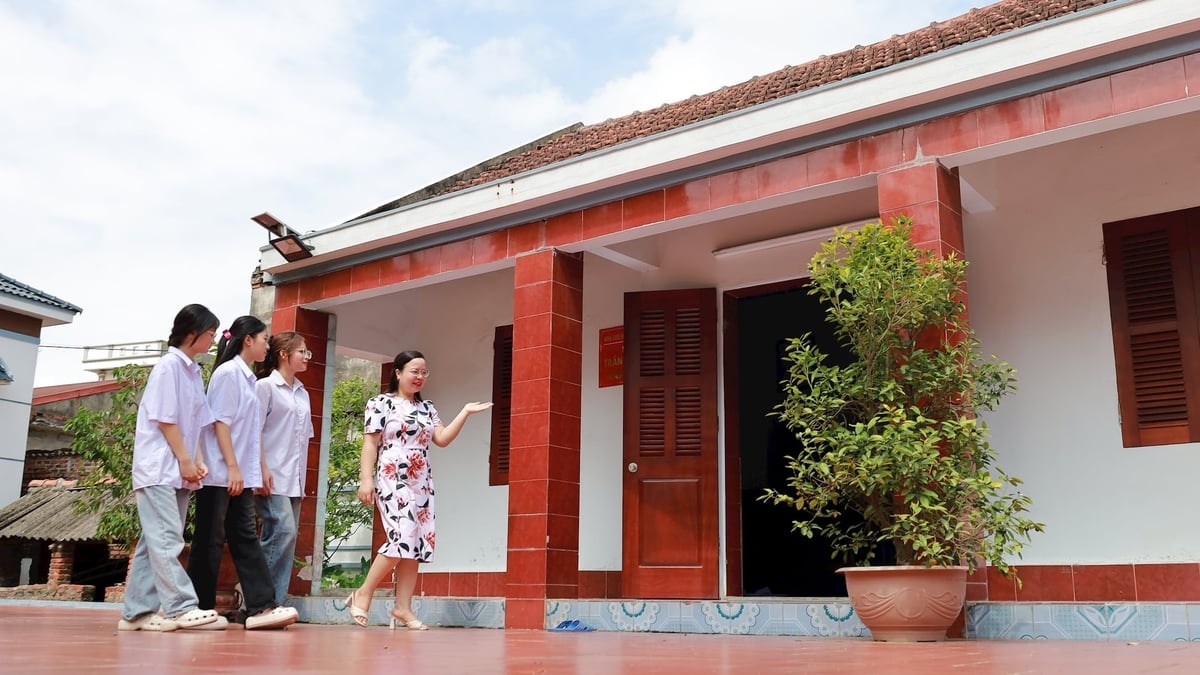




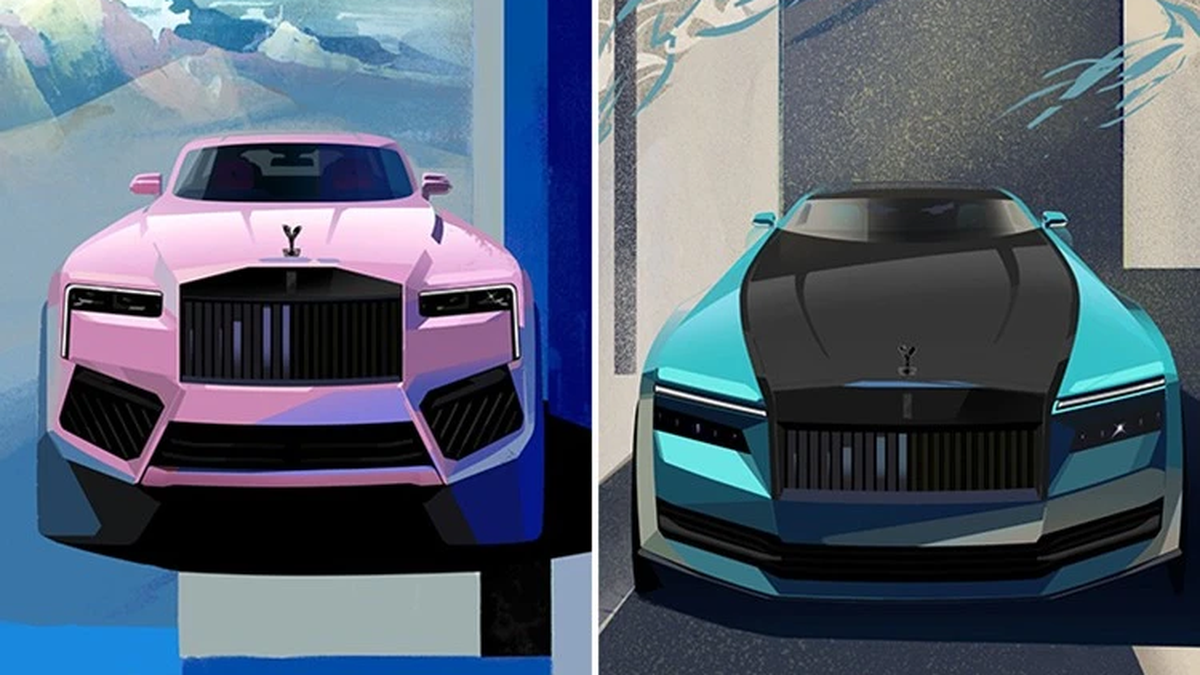

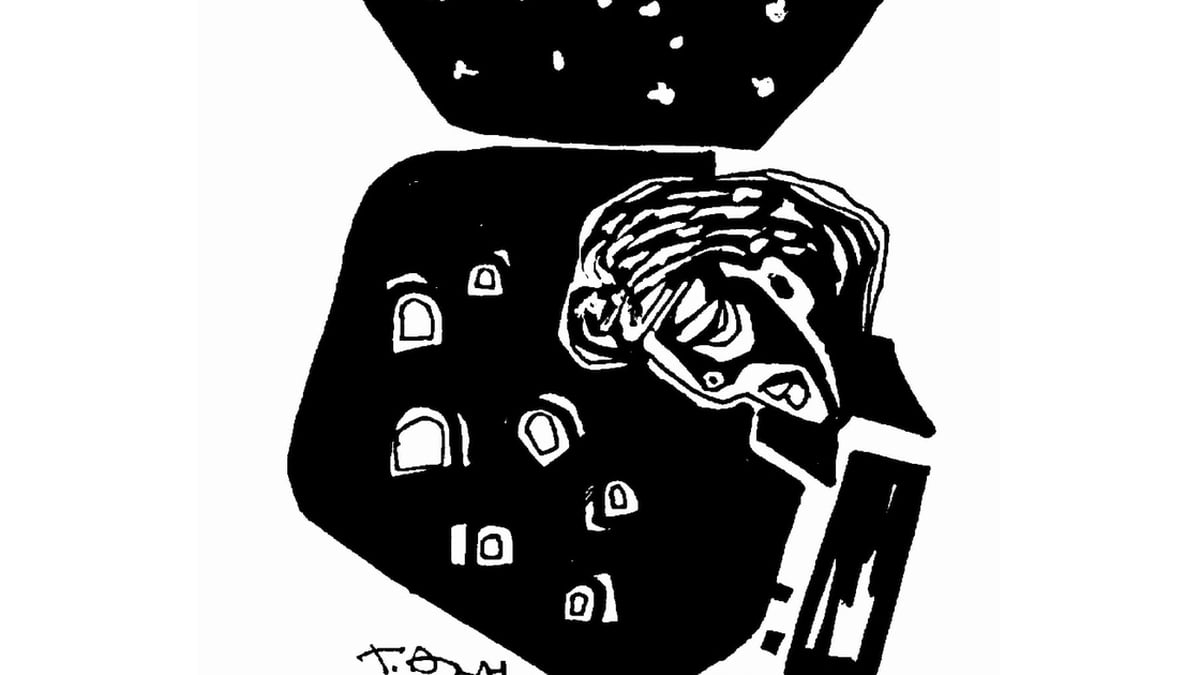

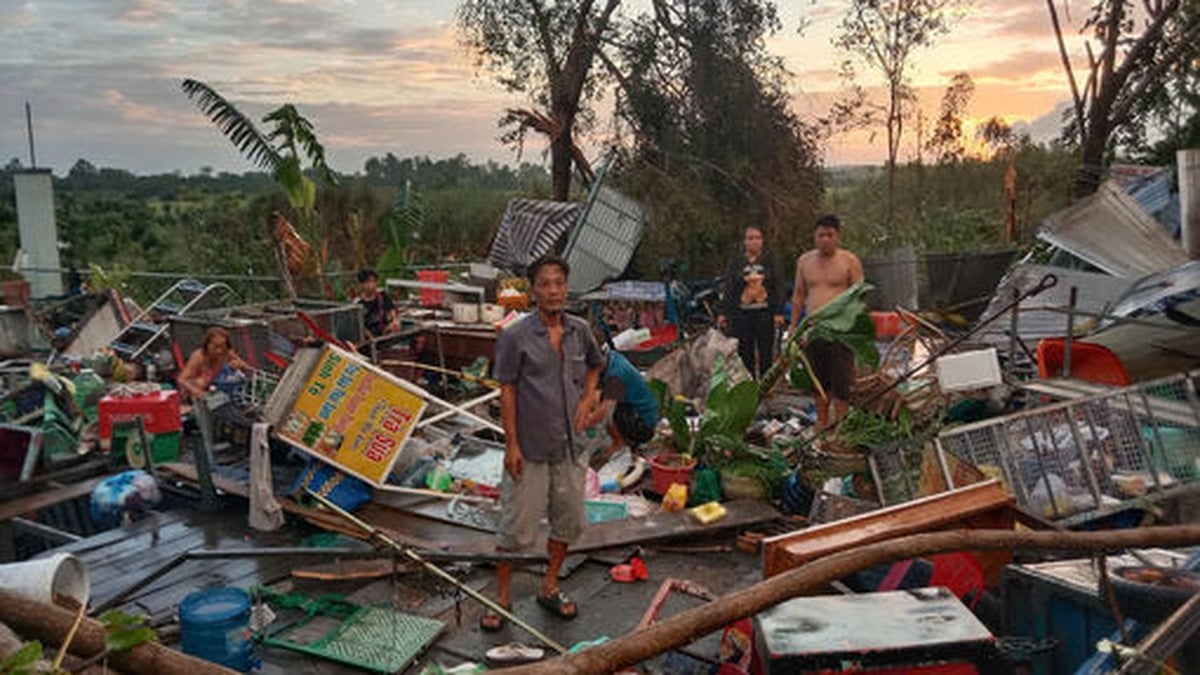































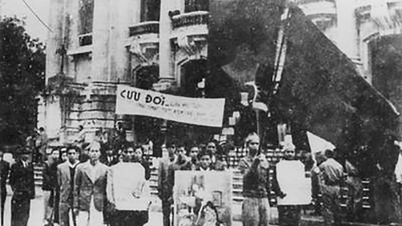






















![[Photo] National Assembly Chairman Tran Thanh Man receives Chairman of Morocco-Vietnam Friendship Association](https://vphoto.vietnam.vn/thumb/402x226/vietnam/resource/IMAGE/2025/7/26/b5fb486562044db9a5e95efb6dc6a263)
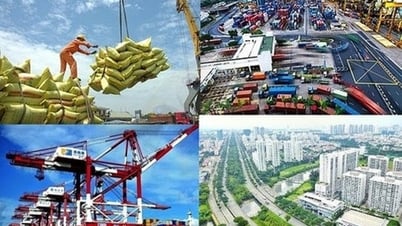

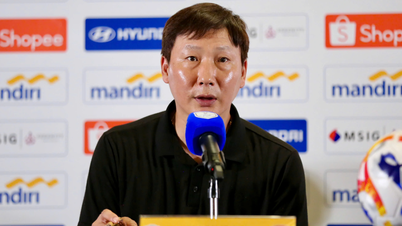
































Comment (0)